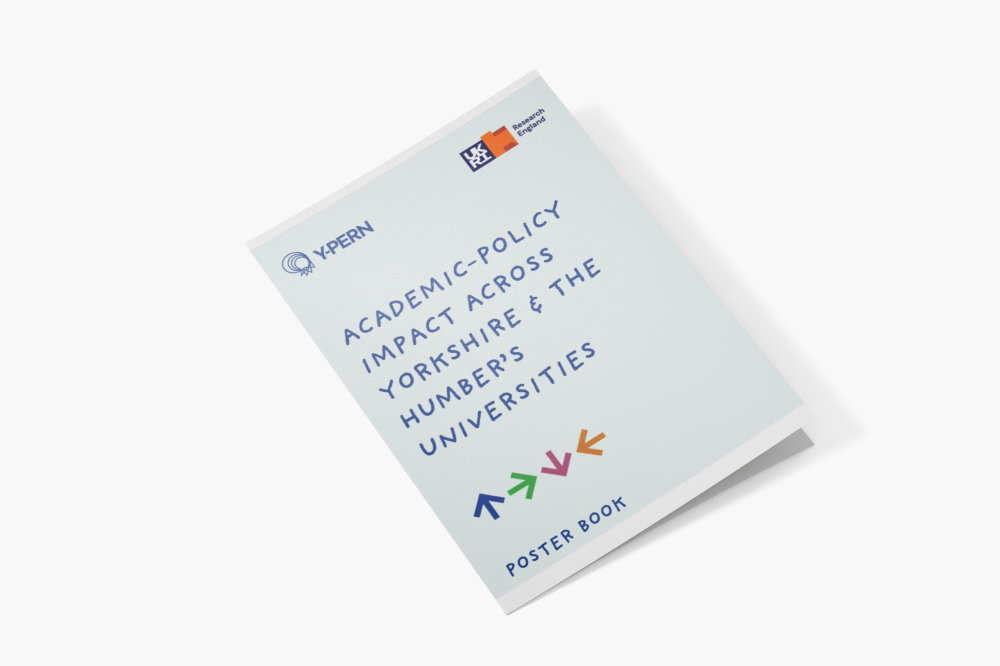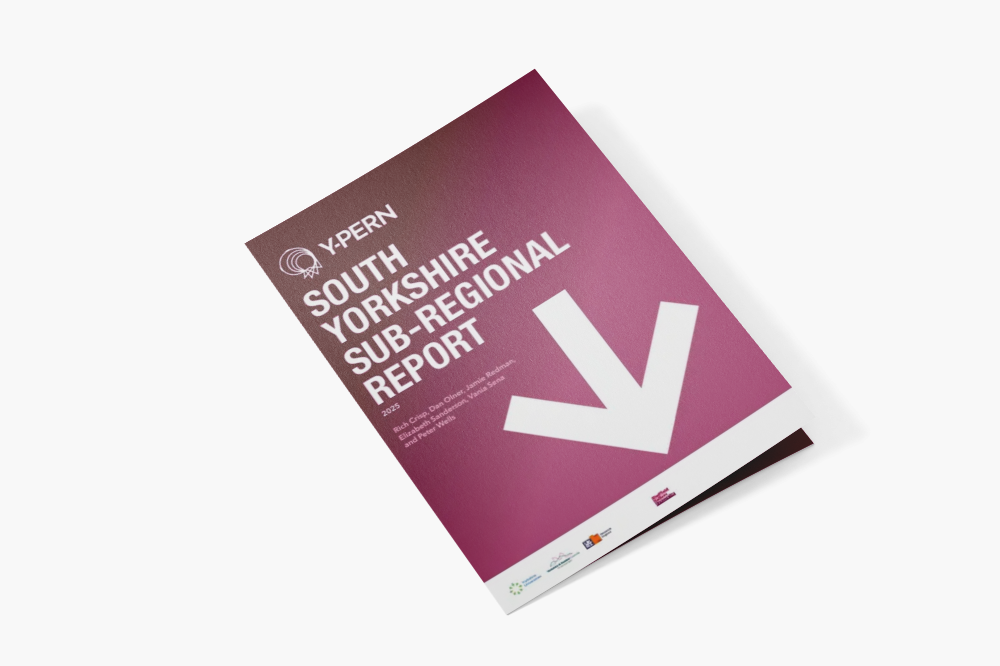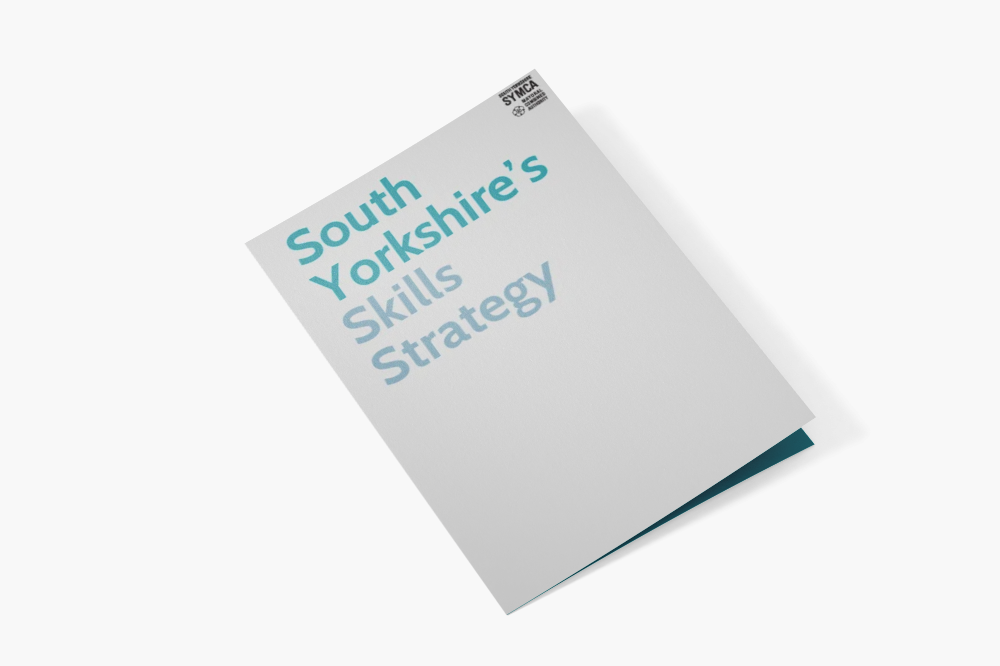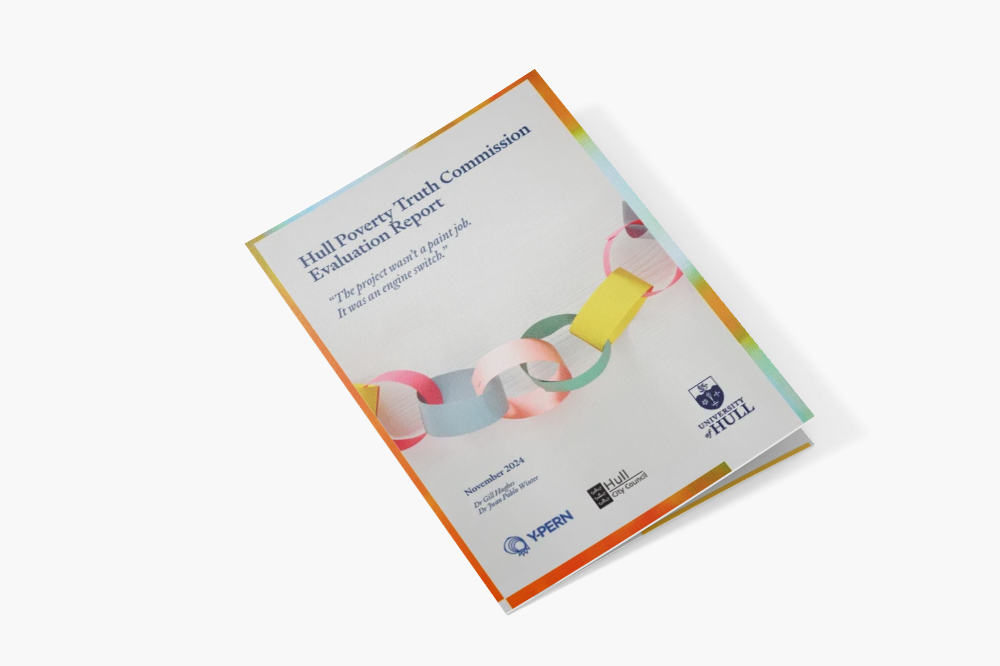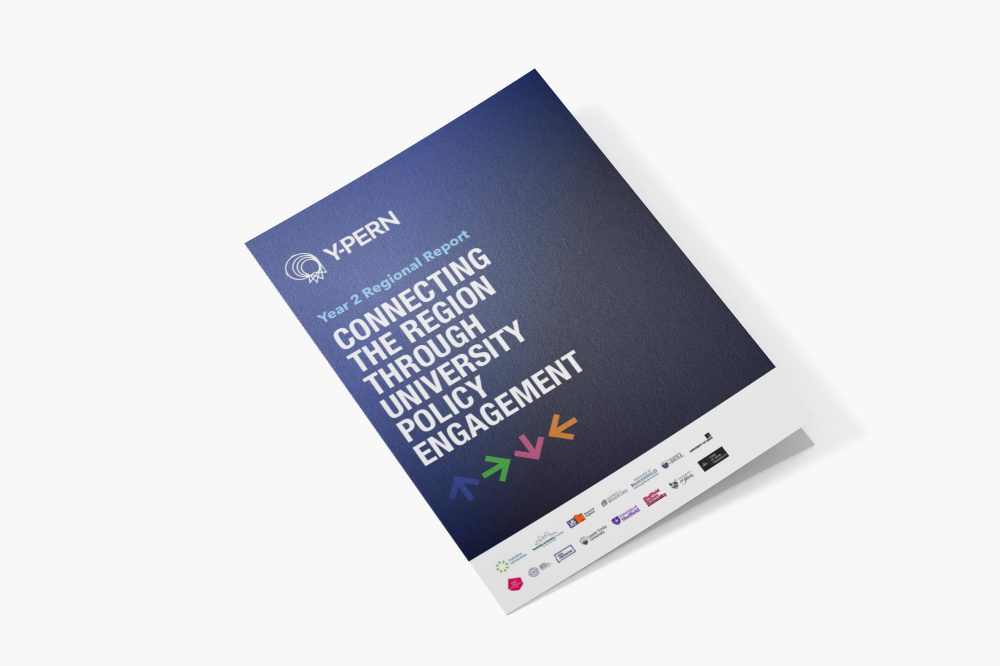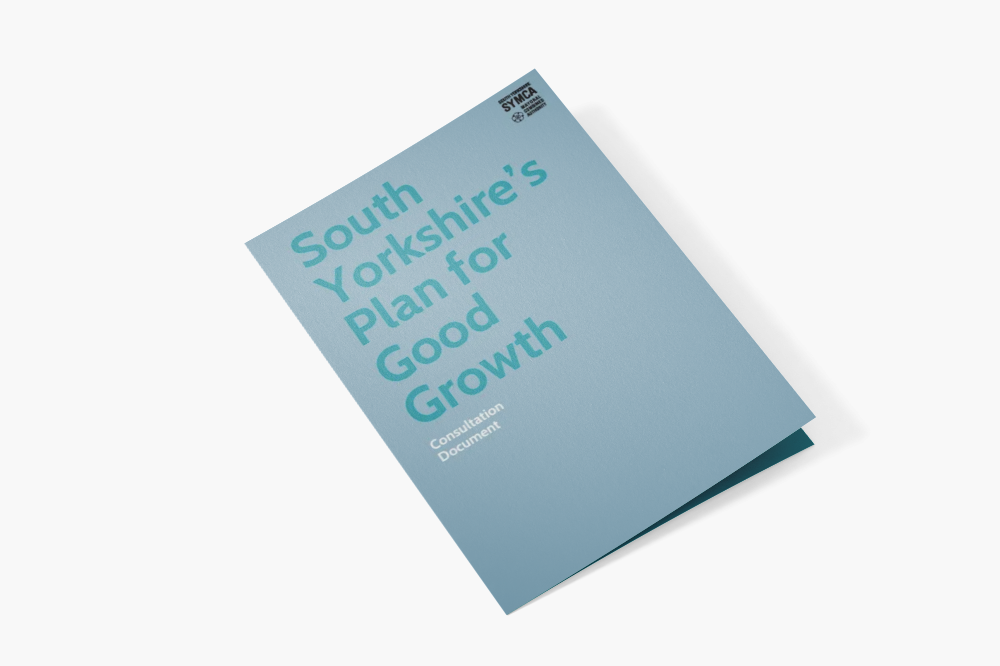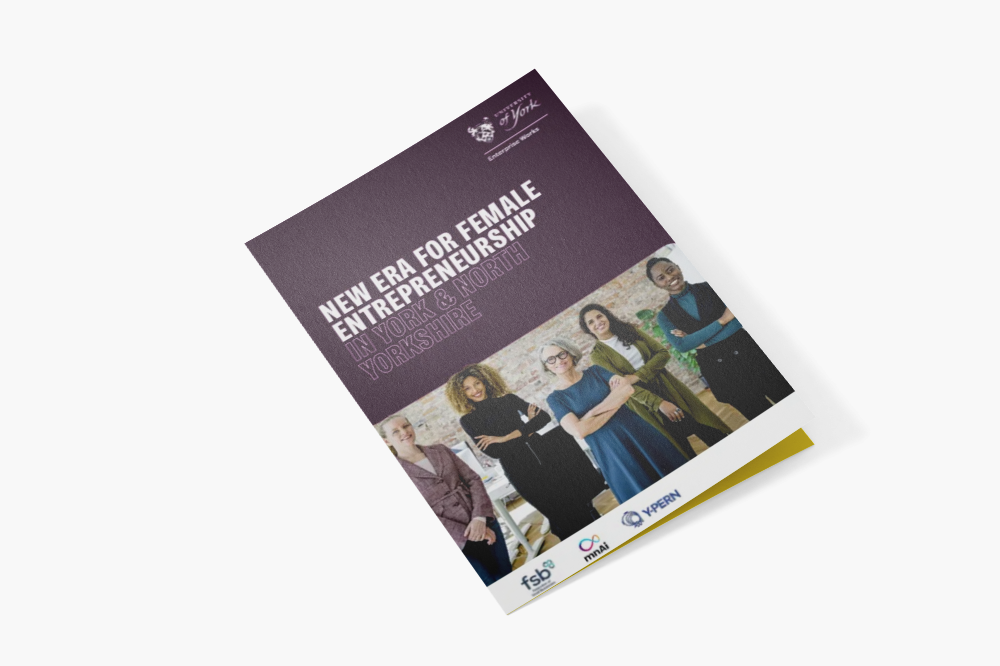Resources
The latest resources from Y-PERN
Case studies
Good Work in the South Yorkshire economy

Over the last few decades, the UK has seen a rise in low quality work (Goos and Manning, 2007). These are jobs which are broadly defined as low-skilled, low-paid, insecure and more effort intensive, offering little scope for worker autonomy, task discretion or opportunity for upwards mobility (Shildrick et al., 2012)
Reports
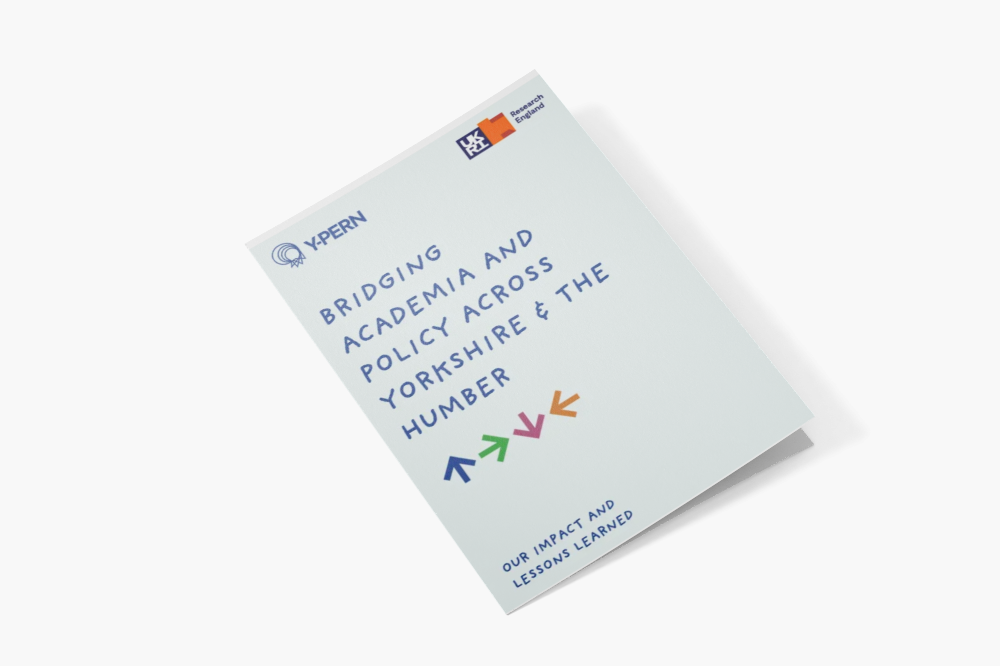
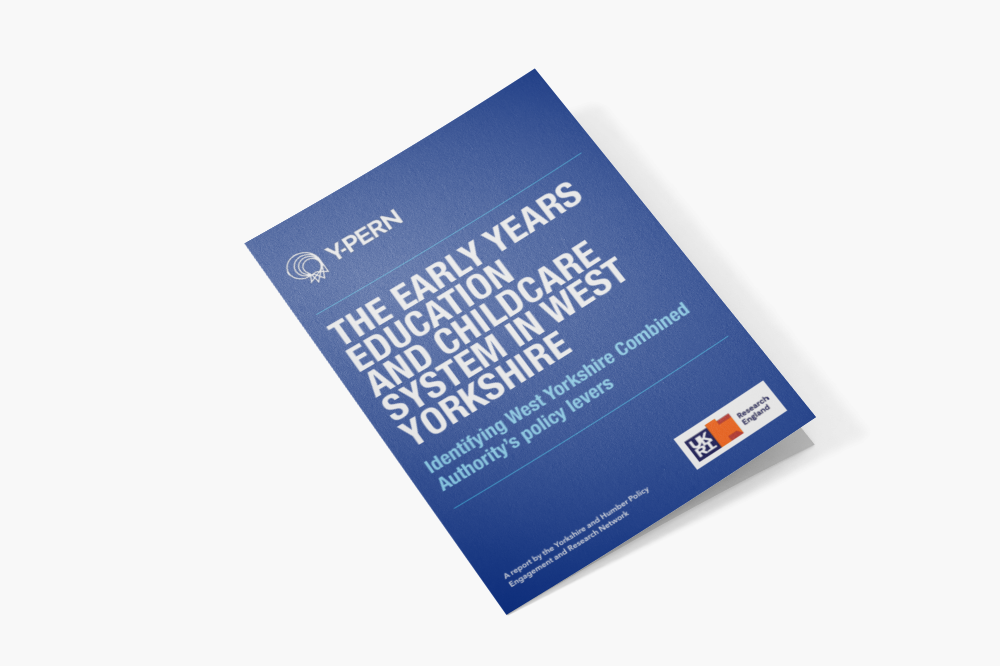
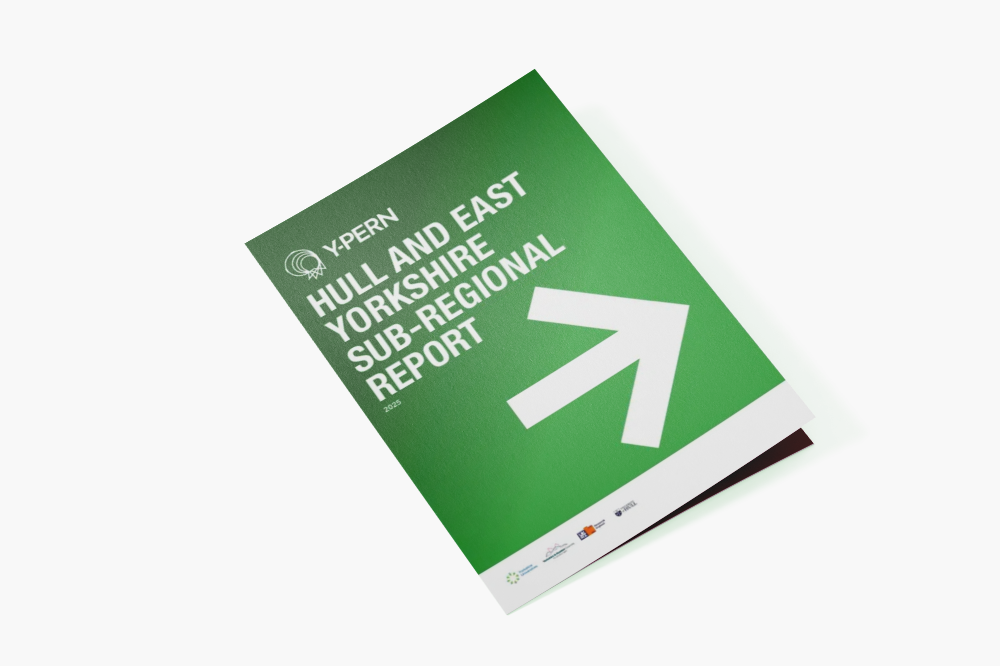
FAQs
What is Y-PERN?
Y-PERN stands for the Yorkshire & Humber Policy Engagement & Research Network. It is a three-year (2022-25) pilot project to enhance and deepen collaboration across Yorkshire’s 15 local authorities, 2 combined authorities and 2 new combined authorities and researchers at the 12 Yorkshire Universities. The area of focus is to develop inclusive local economic strategies and policy by drawing on the broad range of expertise across Yorkshire & the Humber. The project is funded through Research England Development Fund.
Y-PERN’s aims and objectives
Y-PERN’s goal is to galvanise a step-change in how researchers and policy makers collaborate across Yorkshire & the Humber to develop inclusive, place-based policies. It aims to do this by: 1) Enhancing collaboration at a sub-regional level between researchers and policy makers, 2) enabling connections and collaboration on activities at a Yorkshire scale, 3) understanding what works and developing training and capacity building needs across academia and policy makers in the region and 4) evaluating the Y-PERN model
What are Y-PERN Policy Fellows?
Y-PERN’s team of policy fellows are academics who work between local/combined authorities and universities, to connect expertise across academia, policy and communities, convene knowledge exchange activities, and develop outputs that will help inform policy making and communities. They work both in their sub-regional context, as well as across Yorkshire & the Humber. They are led and supported by the Chief Policy Fellow, Dr Andy Mycock. You can find out more about our Policy Fellows on the ‘who we are’ page.
Does Y-PERN have any priority areas?
Y-PERN supports new thinking around economic development. This recognises the importance of ensuring economies serves societal and environmental needs. In practical terms, this means bringing in expertise across a range of specialisms – climate, health, education, biodiversity etc – as well as communities and those with lived experiences, to inform local policy.
Does Y-PERN provide training and capacity building?
Yes. Beyond what the policy fellow teams deliver, the Y-PERN Chief Policy Fellow is leading on the development of a training programme for researchers and policy makers. This will be open to partners across the region.
Who are Y-PERN’s partners?
Y-PERN’s partners are Yorkshire Universities and the 12 universities: Leeds Arts University, Leeds Beckett University, Leeds Conservatoire University, Leeds Trinity University, Sheffield Hallam University, York St John University, University of Bradford, University if Huddersfield, University of Hull, University of Leeds, University of Sheffield, University of York, as well as Yorkshire & Humber Councils, the West Yorkshire Combined Authority and the South Yorkshire Combined Authority.
How is Y-PERN structured?
Y-PERN’s governance model can be found on the ‘who we are’ page.
How is Y-PERN funded?
Y-PERN is funded through a research and knowledge exchange grant from the Research England Development (RED) Fund. Y-PERN is funded £3.9m over the three years (2022-25). The University of Leeds is the lead institution on the grant.
Is Y-PERN a research project?
Yes and no. Unlike ‘normal’ types of academic funding which prioritise publications and the undertaking of new research, the primary focus of RED funding is to support “institutional-level innovative projects in research and knowledge exchange including collaborations between education providers and between education providers and business”. This means that collaboration will be built much more around connecting and building off existing research and expertise.
How can I engage with Y-PERN?
Visit our ‘get involved’ page to find out how best to get involved. To stay up to date on opportunities to engage or learn about existing projects, please subscribe to the Y-PERN newsletter.
Resources
University of Leeds and Leeds City Council Research Collaboration
Engaging with Local Authority scrutiny boards to drive improved policy and services
Areas of Research Interest: A Practical Guide
Research Note to APPG for Yorkshire and Northern Lincolnshire Meeting, 27th January 2025

